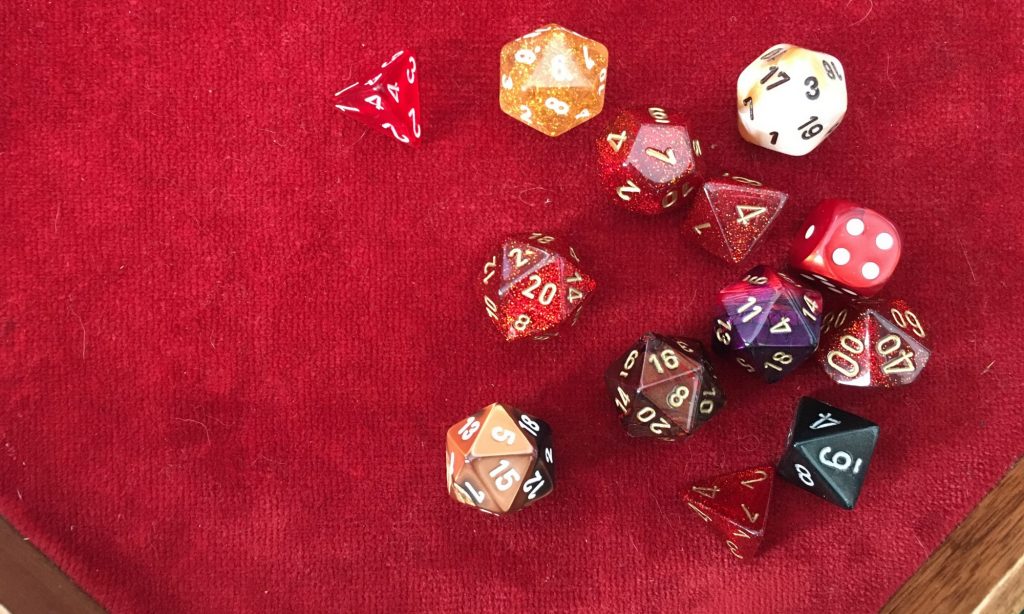Category: RPG
-
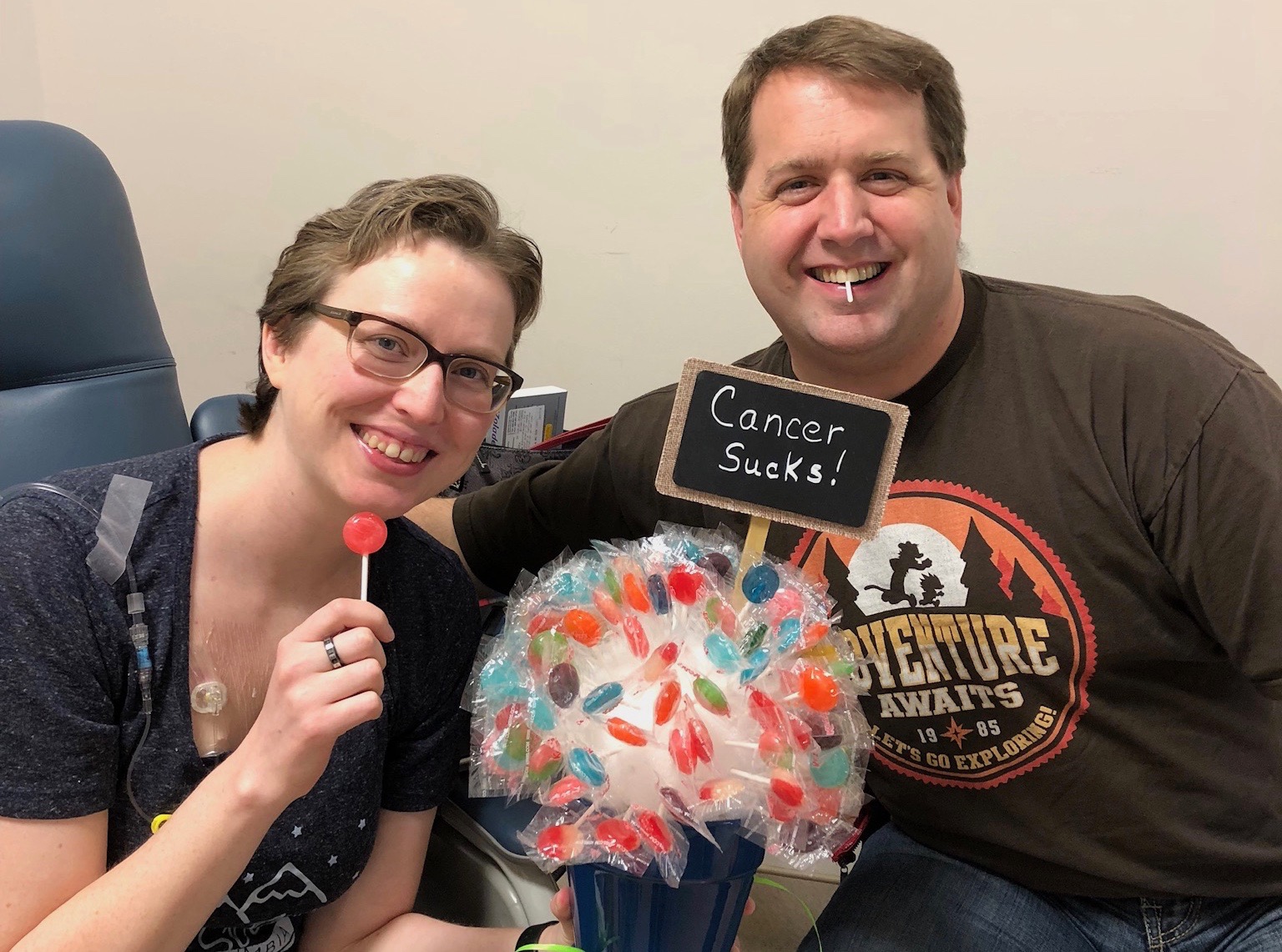
The healing power of games
There are a lot of benefits to tabletop gaming, even if you aren’t suffering a major illness. But reflecting back, gaming really was a positive factor that got me through the bad times.
-
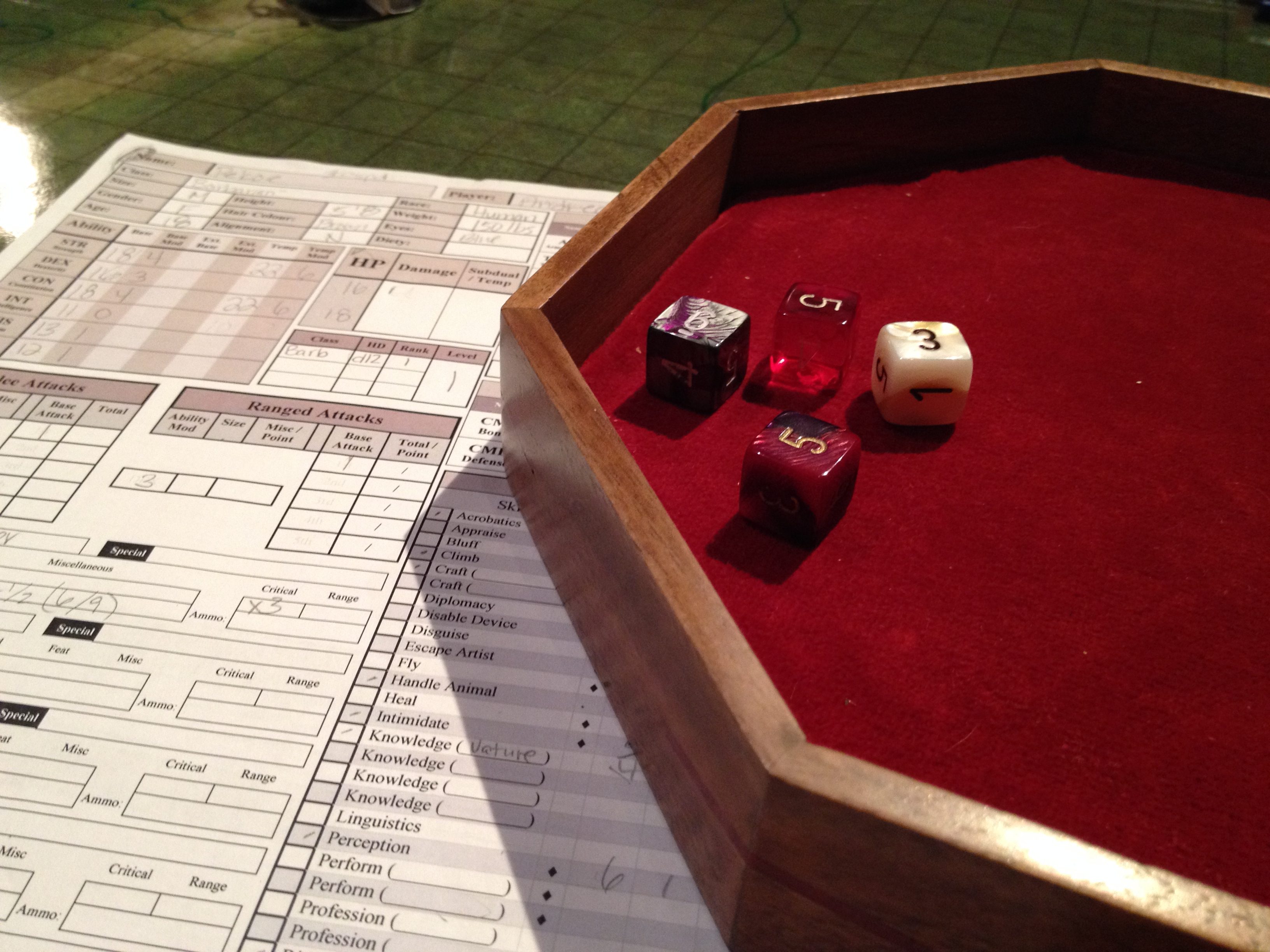
Creating character
I’d always had a hard time getting into the fantasy genre. I’d read the odd novel or two, seen the Lord of the Rings trilogy in theatres, but I just couldn’t get into it. Science fiction was the side of the fence I lived on. When I took up learning Pathfinder RPG, a game set…
-
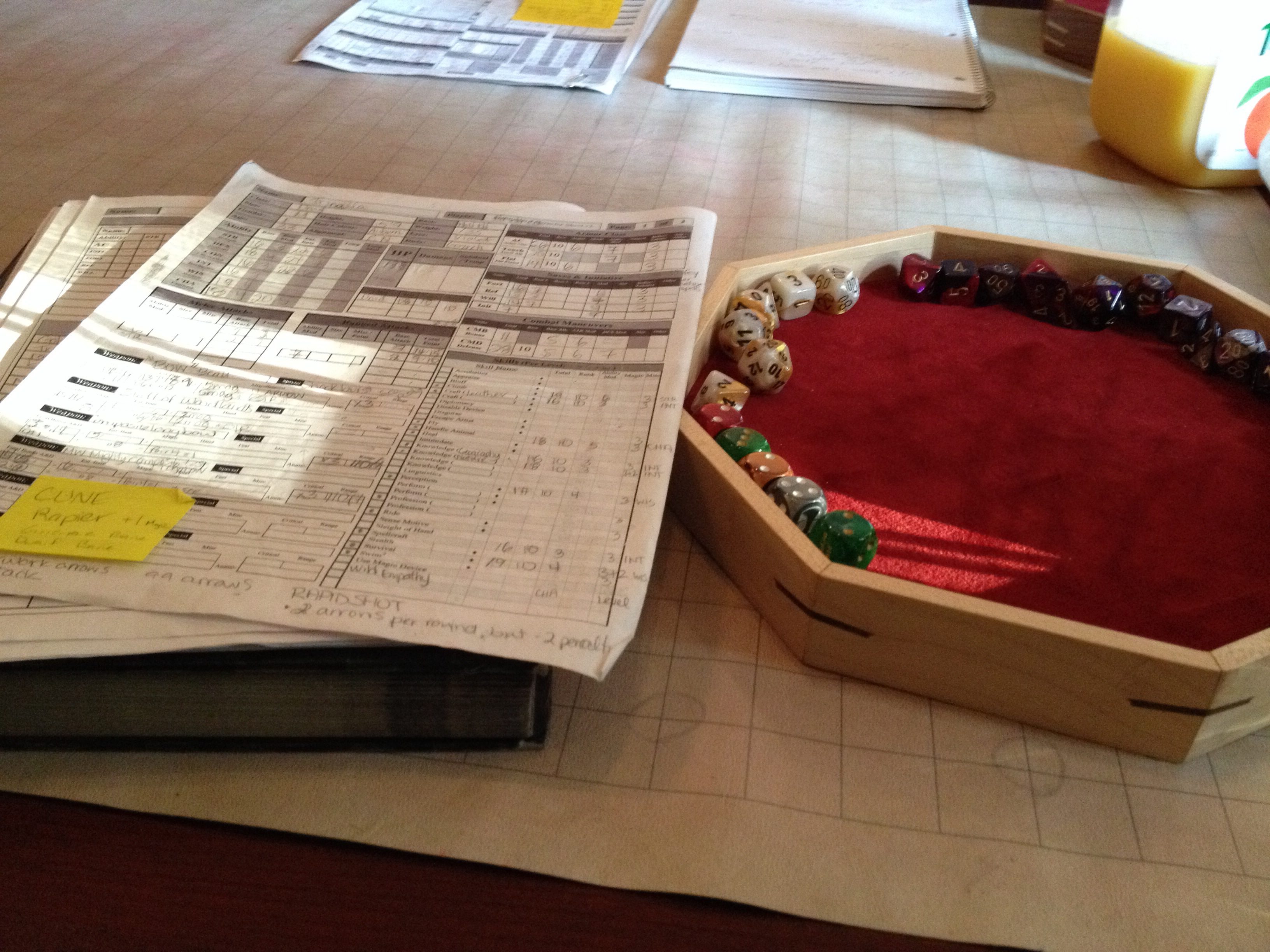
Top 5 Tips for Tabletop RPG Newbies
This post originally appeared in the Terminal City Tabletop Convention program booklet. See my recap of the weekend here. Six months ago I dove into the world of tabletop RPGs. If you’ve never played, or are relatively new to it like me, RPGs might seem a little intimidating. Over the past months I’ve discovered a…
-
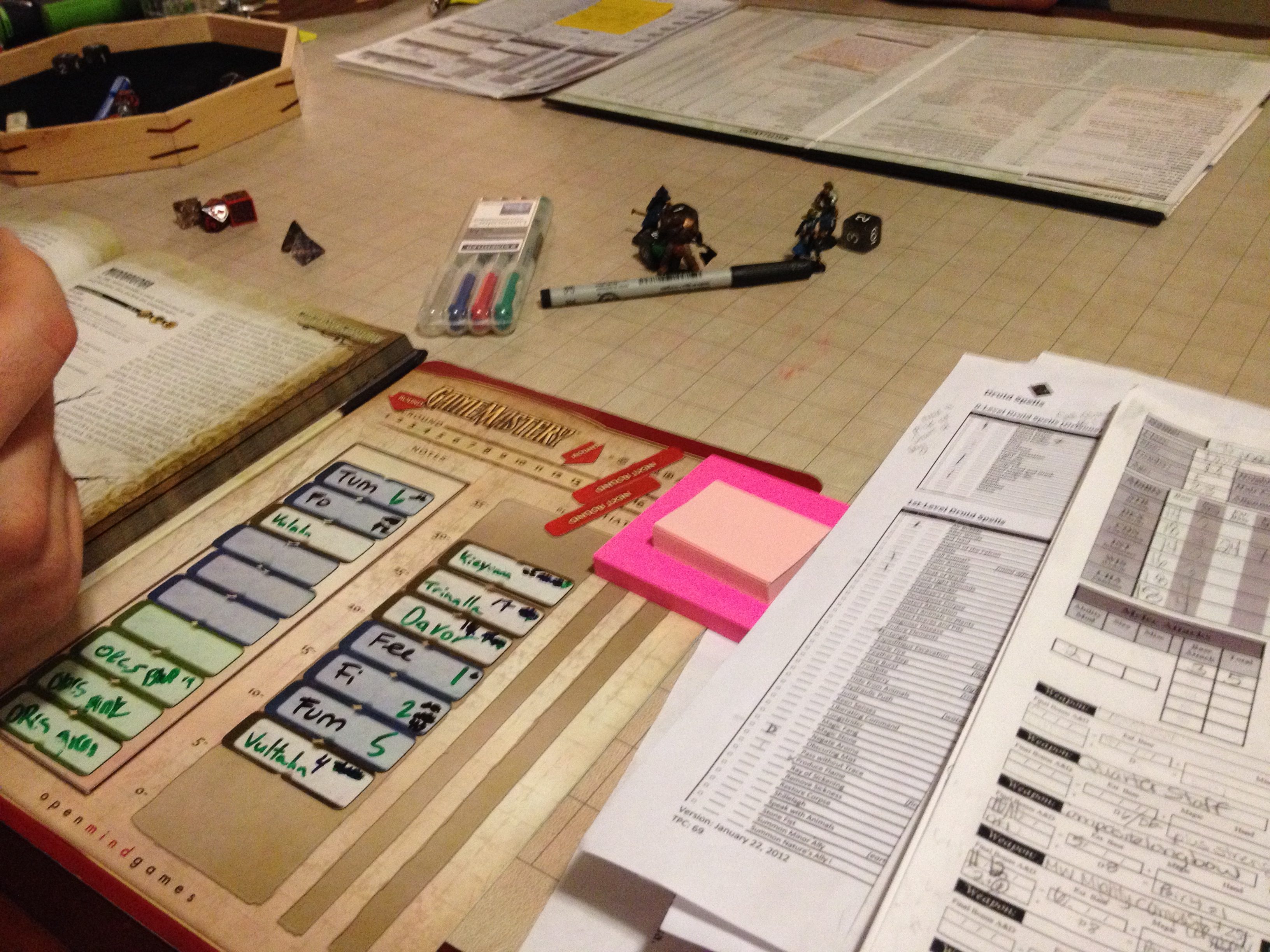
What is Dungeons & Dragons?
You’ve heard about Dungeons & Dragons — maybe you have some preconceived notions of the game and the players — but have you ever wondered what exactly it is? What is Dungeons & Dragons? Dungeons & Dragons is a game created in 1974 by Tactical Studies Rules, Inc (TSR). Considered the beginning of modern day…
-
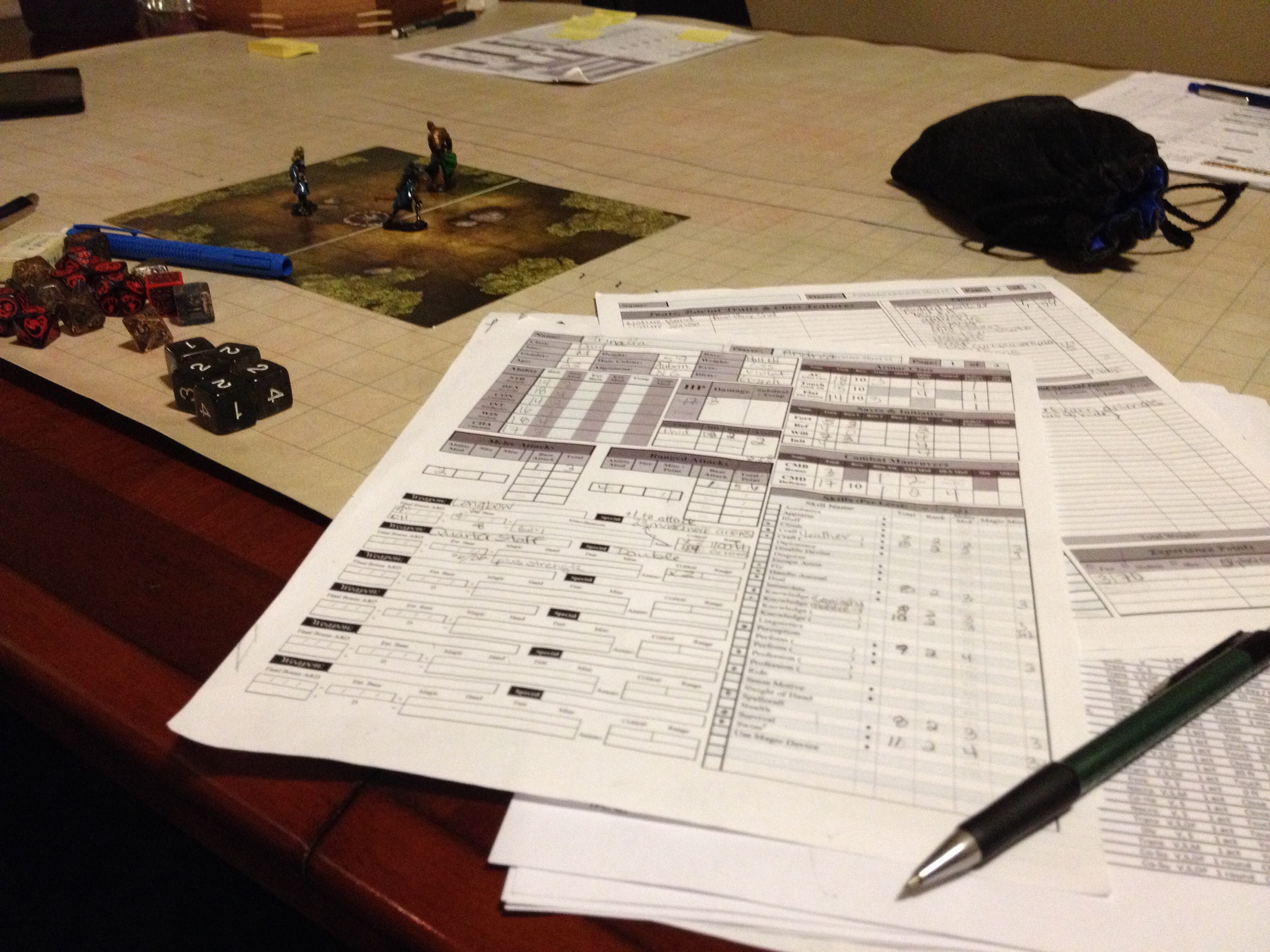
My journey to D&D
Dungeons & Dragons always scared me. I’m ashamed to admit it, but back in the day I totally bought into the stereotypes of the game. As a geek, I should have known better. In the last six months, a world of fun, friends, and storytelling has been opened up to me. I’m a table top role-playing…
